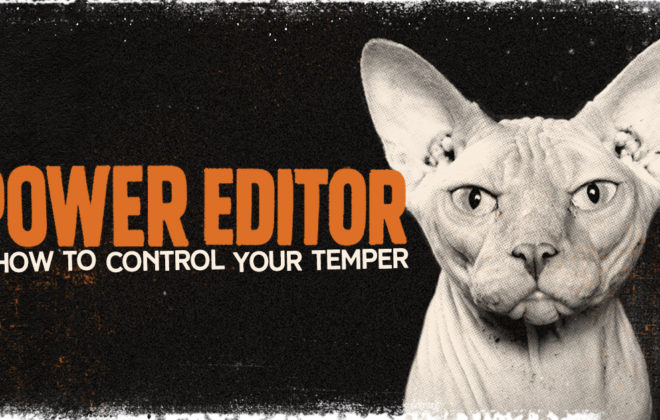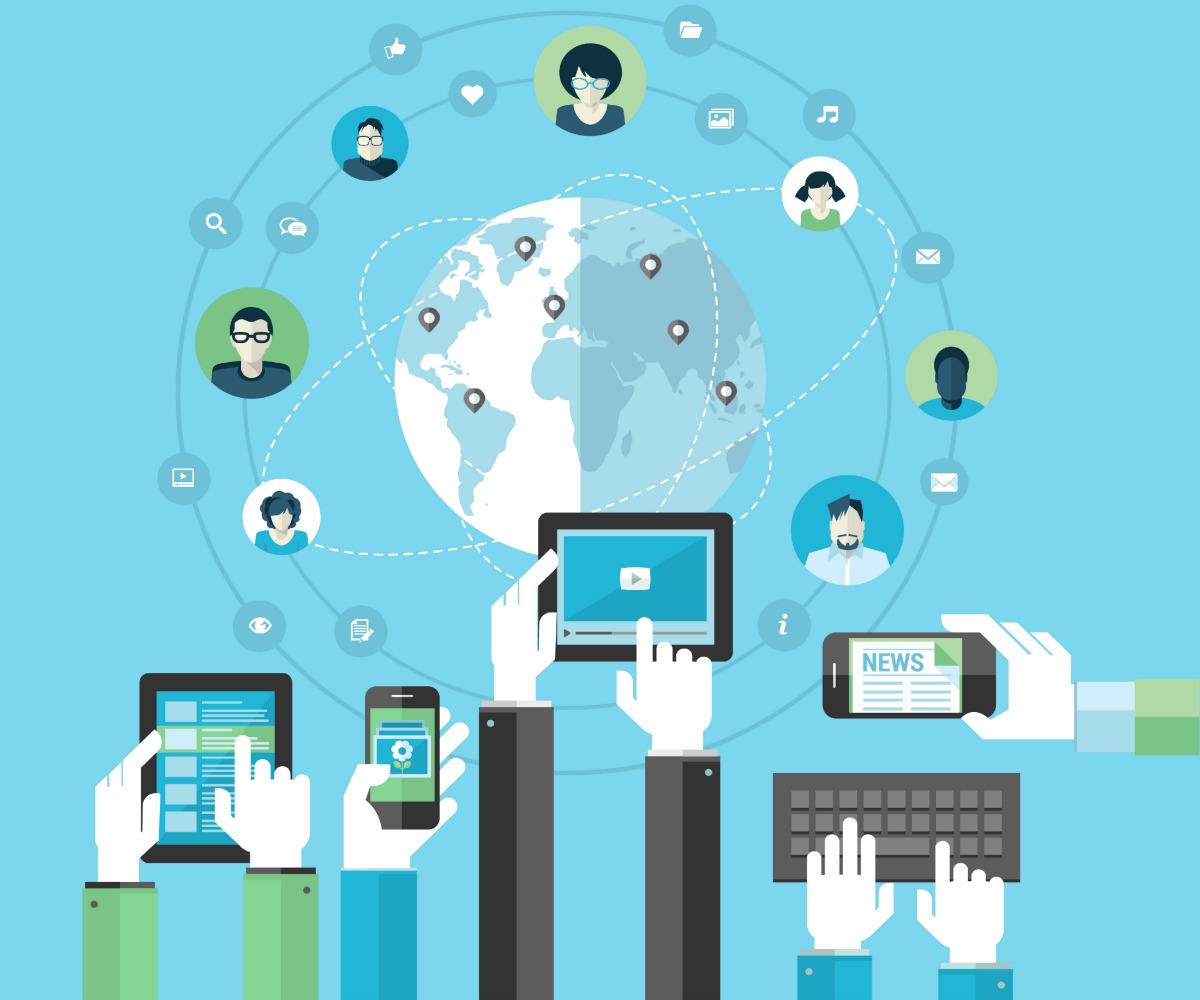The Empathy Button And How It Will Affect Facebook Advertisers
Last week, Facebook announced that the social network would soon be coming out with an “empathy” button. The newly-announced button will allow users the ability to share a “I feel you” with friend’s or brand’s posts. Mark Zuckerberg acknowledged that the button will not allow users to share negative sentiment, but also mentioned that building out the new system has been “surprisingly complicated,” though it is due to be released for testing soon. Facebook has long been a social network where people share life events, of both the happy and sad variety, so the announcement an “empathy” button shouldn’t come as a major surprise.
Nonetheless, many advertisers are now wondering how the new button will affect the way users engage with brands on Facebook. The social network announced one month ago that “engagement clicks” such as likes and comments will no longer count as “paid clicks;” so we know, the new button won’t cost advertisers anything up front. But will it result in paid posts and campaigns being bombarded with negative sentiment? The answer solely depends on how true Facebook stays to their word. If the button carries any negative connotation at all, it could spell trouble for advertisers. Users would have the ability to quickly express negative emotion towards paid ads, which could stop many paid advertising efforts in their tracks. Anyone who has ever surfed the internet knows a “dislike” button could be a recipe for the next-level trolling from users who are either tired of seeing ads or have a distaste for a particular brand.
On the other hand, If Facebook stays true to their initial announcement, users should be using the button to share their solidarity with posts (rather than their distaste), which could allow for further positive engagement between brands and consumers. The most exciting part about the button is that it could open another avenue for advertisers to explore with their content. For instance, brands that are able to evoke an emotional response with their content may be at an advantage for gaining a higher relevancy score, which can actually lower the cost of serving the ad. “Connecting with customers on an emotional level” could carry a whole new meaning if “empathy clicks” end up lowering the cost of your ad serve.
The truth is, from the common Facebook user to the most experienced Facebook advertiser, no one is quite sure how this button will affect the platform. But as Zuckerburg explained last week, “Not every moment is a good moment, right?” Right, Mark; and thus, a new Facebook button was born.
Recent Posts
Recent Comments
- Shannon Thammasiene on How to Create a Successful Blog
- Sarah on How to Create a Successful Blog
- How to Create a Successful Blog on 5 Free Keyword Research Tools that will Rock your Socks
- Olivier Hamphrey on This Week In Social Media
- Richard Dickerson on Use Email to Sell without Selling

![74551977_illustration-[Converted]](https://www.clicksandclients.com/wp-content/uploads/2015/09/74551977_illustration-Converted.jpg)

